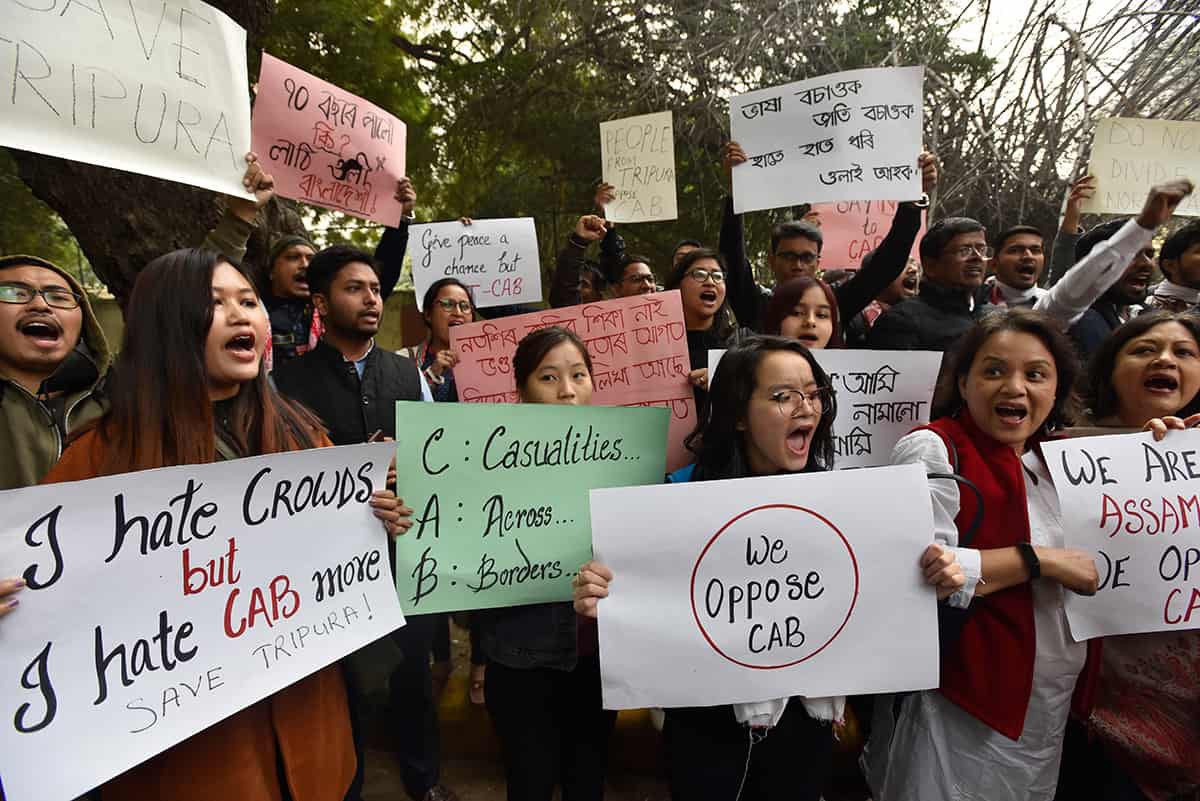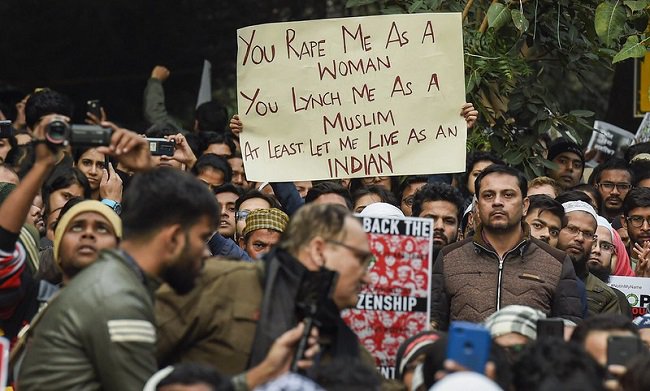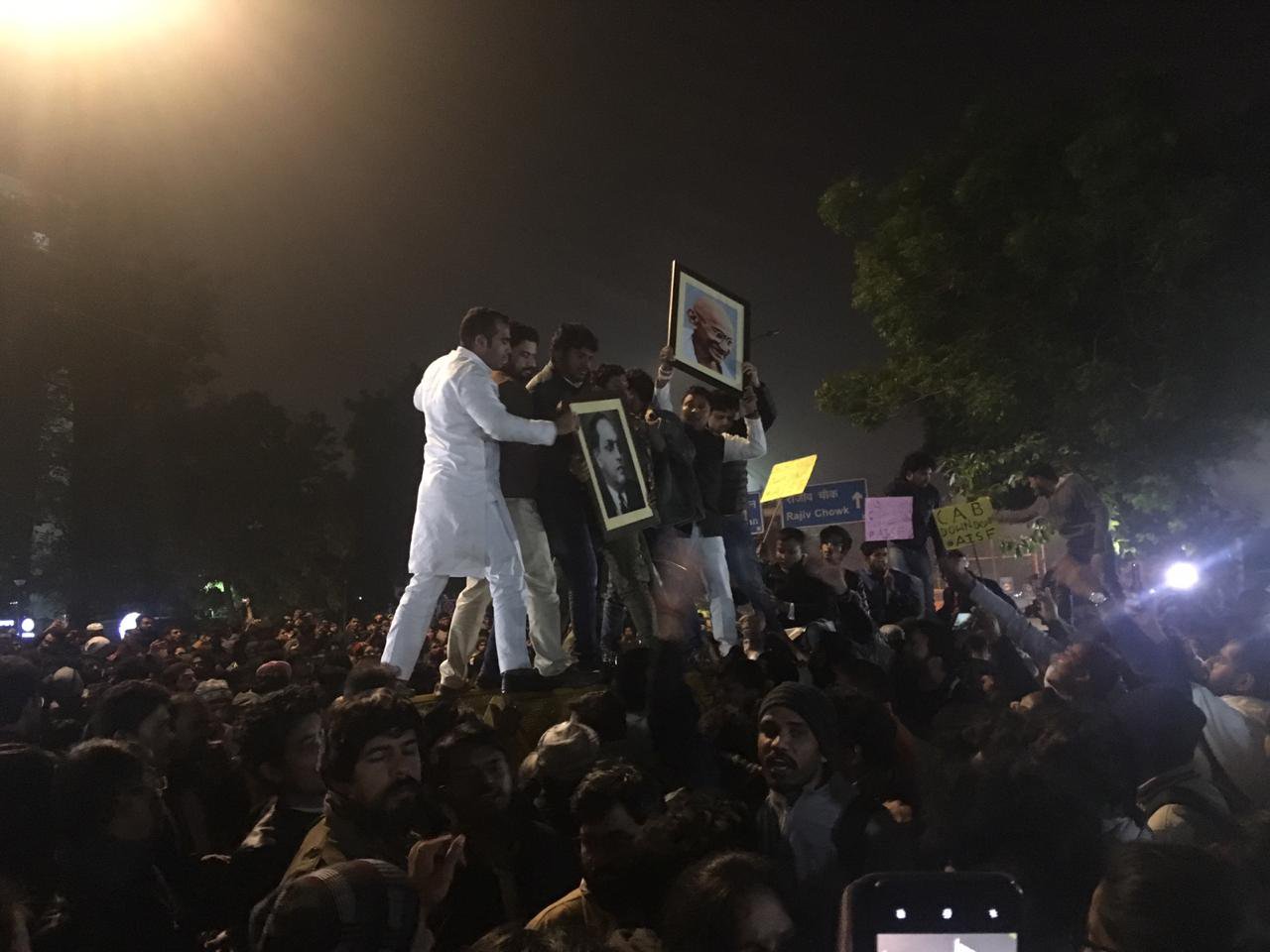The incident left over 50 students injured and 100 students detained without permission in the national capital.
Police officials forcefully entered Jamia Milia Islamia University without a warrant and bombarded the campus firing teargas in enclosed spaces, gunshots and lathi-charge. Similar cases were reported in Aligarh Muslim University of Uttar Pradesh.
The incident stirred a furious wave of unrest and debate among citizens and caught international media attention.
Visuals from Aligarh Muslim University.
— Md Asif Khan آصِف (@imMAK02) December 15, 2019
Security Forces throwing stones and using tear gas on AMU students who were protesting against #CABBill2019 .
From #JamiaMilia to AMU, they are trying to muzzle our voice. #JamiaProtest pic.twitter.com/OatBN8mhL5
Here is the letter by the students of @Harvard condemning the crackdown on #Jamia, #AMU students. This is yet another “achievement” of the #Modi govt. #CAA2019 #CAAProtests pic.twitter.com/yYtLDdKQCF
— Soumendra (@soumenm86) December 17, 2019
Protests and dissent are inherent to democracy. Protests are inconvenient and disruptive, but they sustain the secular and democratic fabric of our nation.

The violent suppression of protesters by the police, the use of tear gas, lathi charges, and physical assault in response to peaceful dissent, and the police forces’ forceful entry into university campuses and consequent internet blockades there are all deeply reprehensible.
This is our brave Delhi Police. #JamiaProtest pic.twitter.com/V8ANmNvI3X
— Mohammed Zubair (@zoo_bear) December 15, 2019
Alongside tear gas, lathi charge and firing, sexual abuse against women by police officials was also brought to light. The letter also mentioned:
We are shocked and deeply concerned about many of the anecdotal reports being shared on police brutality aimed at breaking the spirit of protesters including anecdotes of police attacks on female protesters.

The letter from Harvard also took us back to our roots to remind us about the Gandhian ideology of non-violence and the concept of peaceful protests is deeply embedded in our history and heritage:
India won it’s independence — in the face of repression and brutality — through peaceful protests. The Gandhian ideal of ahimsa is thus rooted in the very fabric of our society.


















